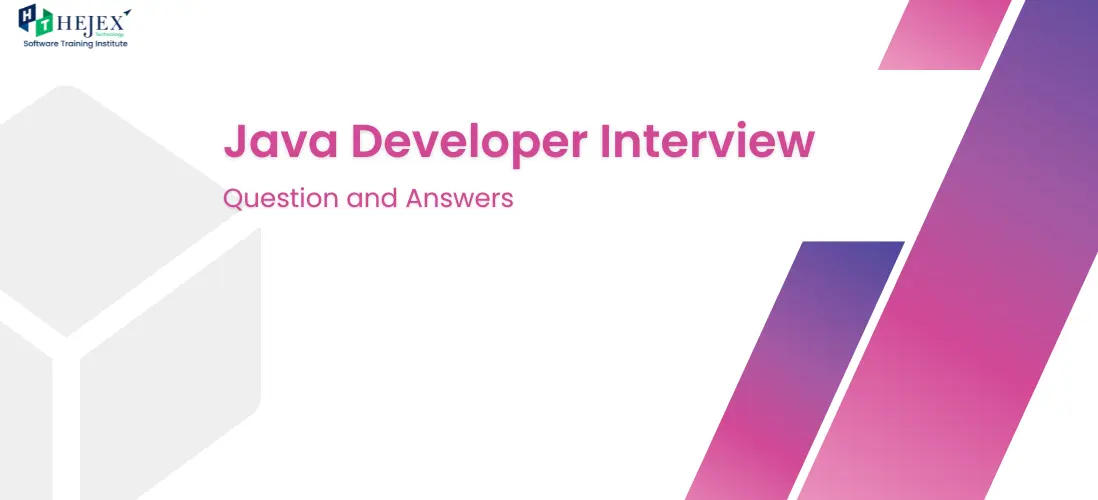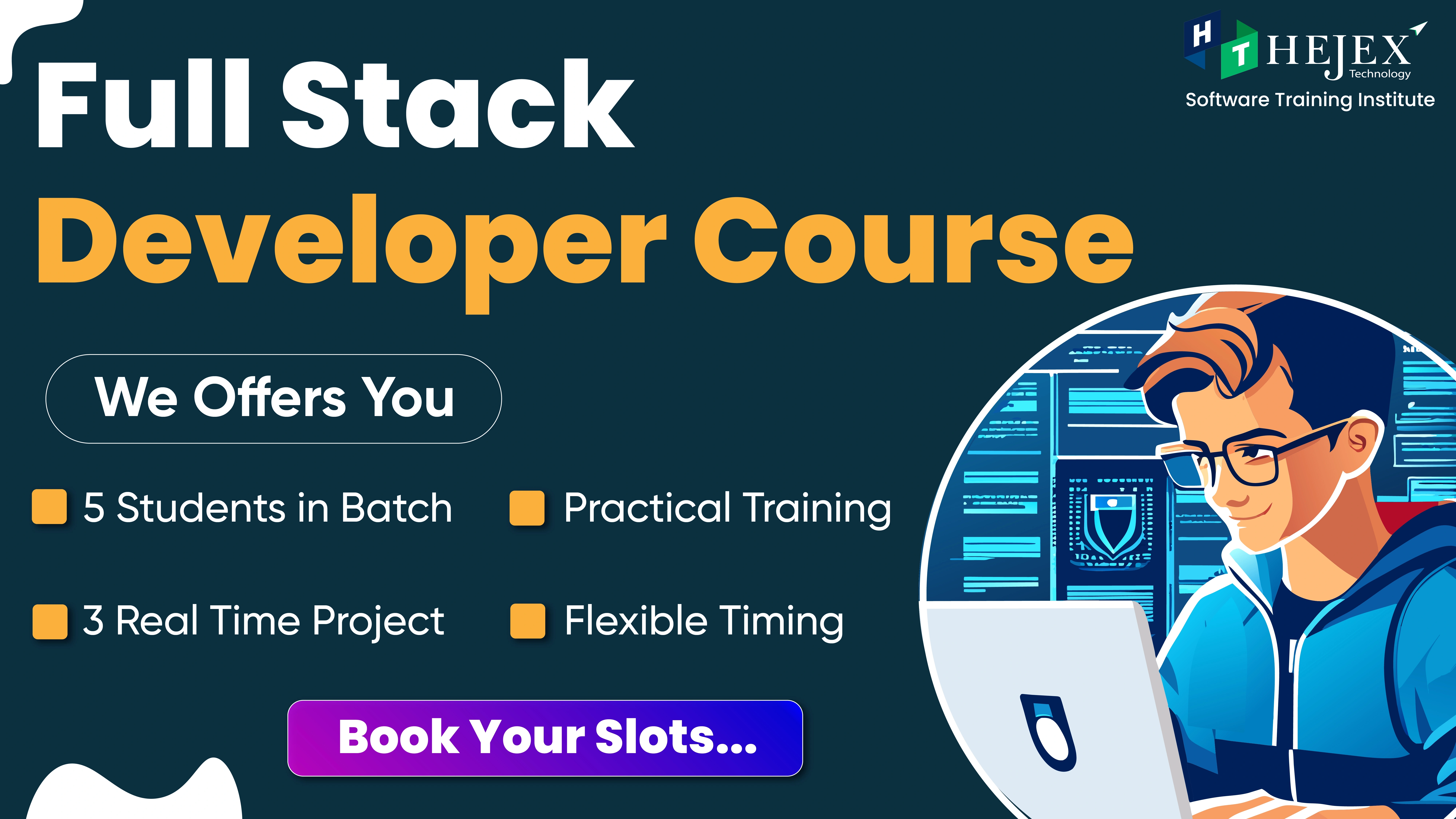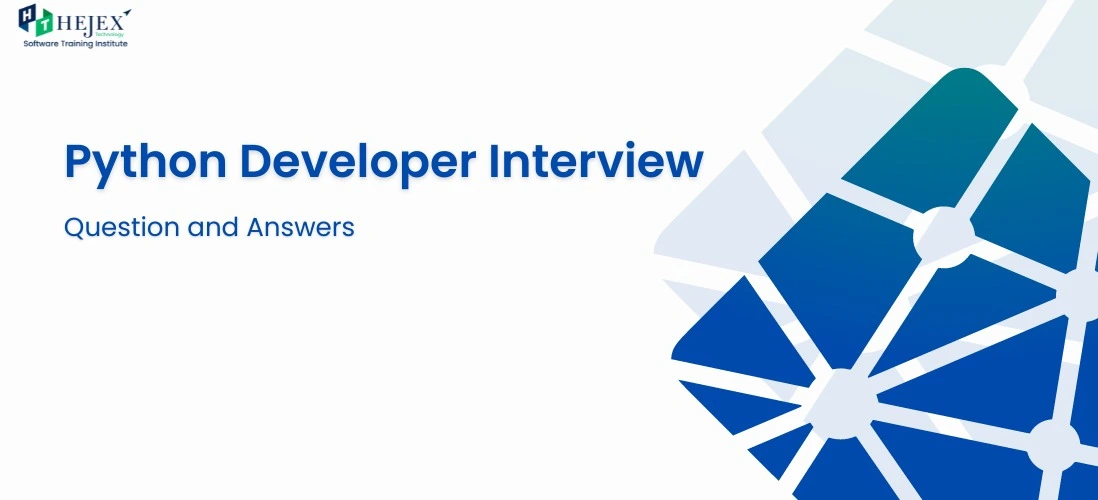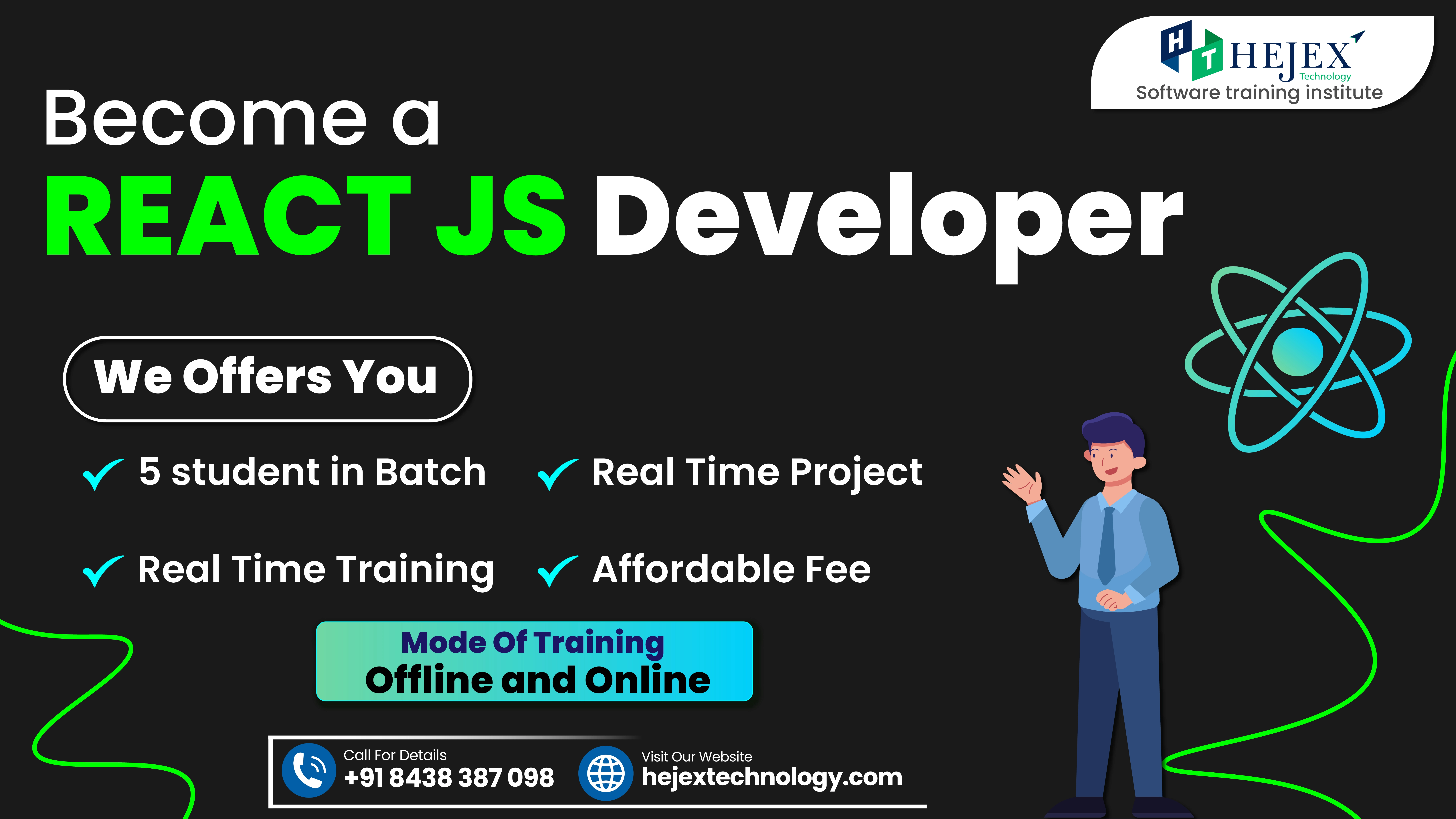1. Can you tell me about yourself?
The question allows the interviewer to understand the candidate’s background, experiences, and
personality. It will enable the candidate to express or highlight their relevant skills and
accomplishments.
Sample Answer
I come from [city] and [Education]. I’m very detail-oriented and passionate about [your
field/industry]. I’ve spent [X years] honing my skills in [relevant areas], and I’m excited
about the opportunity to bring my expertise to your team. Outside of work, I enjoy
[hobbies/interests], which helps me maintain a balanced life.
2. What motivated you to apply for this position?
This question will help understand what attracts the candidate to the role and the company. Gain
a better understanding of the candidate’s perspective and alignment with the position they
applied for.
Sample Answer
I was drawn to this position because it aligns perfectly with my skills and experiences.
Your company’s reputation for [mention any positive aspect] also motivated me to apply. I
believe I can contribute effectively to your team and grow personally and professionally
here.
3. What do you know about our company?
The motive behind the question is to assess the candidate’s level of preparation and research
about the company. It also aims to provide insight into the candidate’s understanding of the
company’s culture, adaptability, values, products/services, and how well that person respects
it.
Sample Answer
I’ve done extensive research on your company, and I’m impressed by [mention any
achievements, values, or recent news]. Your commitment to [mention any specific aspect like
innovation, sustainability, etc.] aligns well with my values. I’m excited about the
opportunity to be a part of such a dynamic organization.
4. How do you handle pressure and deadlines?
This question will gauge the candidate’s ability to work under stress and meet tight deadlines.
Managing workload and maintaining productivity under pressure is part and parcel of any job
role.
Sample Answer
I thrive under pressure, and deadlines help me focus and prioritize tasks efficiently. I
break down large tasks into smaller, manageable ones and am not afraid to ask for help or
delegate when needed. Additionally, I always maintain open communication with my team to
ensure we’re on track to meet our goals.
5. Describe a situation where you had to work as part of a team.
This question helps evaluate the candidate’s ability to work under stress and meet tight
deadlines, which is common in many job roles.
Sample Answer
In my previous role, we had a tight deadline for a project, and our team had to collaborate
closely to meet it. I was responsible for coordinating between team members, ensuring
everyone had the resources they needed, and resolving any conflicts that arose. Through
effective communication and teamwork, we successfully delivered the project on time.

6. What are your strengths and weaknesses?
This question helps reflect on the candidate’s self-awareness and honesty.
Sample Answer
My strengths include [mention specific strengths relevant to the job, e.g., attention to
detail and problem-solving skills], while one of my weaknesses is that I tend to be overly
critical of my work. However, I’ve learned to channel this into a drive for continuous
improvement.
7. How do you prioritize tasks and manage your time effectively?
The motive behind this question is to evaluate the candidate’s organizational skills and ability
to manage multiple tasks efficiently, determine the role’s demands, and meet deadlines
effectively.
Sample Answer
I prioritize tasks based on urgency and importance, using techniques like the Eisenhower
Matrix. I also set realistic goals and deadlines and regularly review my progress to stay on
track. Besides, I’m confident in saying yes to tasks that don’t align with my priorities or
ask for help when needed.
8. Have you ever faced a difficult situation at work or in school? How did you handle it?
This question allows one to assess the candidate’s problem-solving abilities and resilience in
challenging situations, understand their approach toward resolving difficulties, and demonstrate
adaptability and resourcefulness.
Sample Answer
Yes, in a previous role, I encountered a challenging situation where a project faced
unexpected delays due to unforeseen circumstances. I remained calm, assessed the situation,
and worked closely with my team to develop alternative solutions. Through effective
communication and collaboration, we overcame the obstacles and successfully completed the
project.
9. What do you expect to accomplish in your first six months on the job?
By asking this question, interviewers can aim to understand the candidate’s expectations and
goals for their initial period in the role. It helps assess the candidate’s ambition,
initiative, and understanding of the job requirements.
Sample Answer
In the first six months, I aim to become thoroughly acquainted with the company’s processes
and culture, establish strong relationships with my colleagues, and contribute effectively
to key projects. I also plan to identify areas for improvement and implement solutions to
enhance efficiency and productivity.
10. Do you have any questions for us?
By asking this question, interviewers can aim to understand the candidate’s expectations and
goals for their initial period in the role. It helps assess the candidate’s ambition,
initiative, and understanding of the job requirements.
Sample Answer
In the first six months, I aim to become thoroughly acquainted with the company’s processes
and culture, establish strong relationships with my colleagues, and contribute effectively
to key projects. I also plan to identify areas for improvement and implement solutions to
enhance efficiency and productivity.

HR interview questions for experienced candidates
1. Can you walk me through your professional background and highlight your key achievements?
Through this question, it will help to gain insight into the candidate’s career progression,
experiences, and significant accomplishments.
Sample Answer
I have 4+ years of experience in HR. My talent acquisition strategies have allowed me to
recruit higher-quality candidates faster. My employee engagement initiatives have also
improved employee satisfaction and retention. I have successfully driven positive change and
delivered tangible talent management and organizational development results.
2. What motivated you to pursue a career in [industry/field]?
This question is to understand the candidate’s passion and interest in the HR industry or field.
get insight into their motivation and alignment with the HR profession.
Sample Answer
I pursued a career in human resources because I’m passionate about helping organizations
create positive work environments where employees can thrive and contribute their best.
3. How do you stay updated with industry trends and developments?
This question aims to assess the candidate’s commitment to professional development and staying
current with industry best practices. It demonstrates the candidate’s proactive approach to
learning and adapting to changes in the HR landscape.
Sample Answer
Strategic human resources planning is essential for HR strategies to succeed and adapt to
future trends. Modern workforce planning ensures HR is aligned with business objectives,
while data-driven decision-making enhances insights and predicts workforce trends.
Continuous learning promotes employee upskilling, diversity, and inclusion and fosters
innovation. Employee well-being is prioritized through corporate wellness initiatives.
Integration of HR technology enhances employee experiences, and agile work policies create a
responsive and efficient workforce.
4. Can you provide an example of a successful project you managed? What was your role, and what
were the outcomes?
This question evaluates the candidate’s project management skills and ability to deliver results.
Sample Answer
As the project manager for a Diversity, Equity, and Inclusion (DEI) initiative, I led
efforts to foster a more inclusive workplace culture. This involved organizing diversity
training, establishing employee resource groups, and implementing recruitment strategies.
The outcome was a more diverse and inclusive work environment, resulting in improved
collaboration and employee satisfaction.
5. How do you handle conflicts or disagreements with colleagues or clients?
This question highlights the candidate’s conflict resolution skills and ability to maintain
professional relationships. It provides insight into how the candidate manages interpersonal
challenges in the workplace.
Sample Answer
I address conflicts or disagreements with colleagues or clients by actively listening to
their concerns, empathizing with their perspectives, and working collaboratively to find
mutually acceptable solutions. Open communication, respect, and a focus on shared goals are
crucial to resolving conflicts effectively.
6. Describe a time when you had to implement a new HR policy or procedure. What challenges did
you face, and how did you overcome them?
This question evaluates the candidate’s experience with policy implementation and change
management. It demonstrates the candidate’s ability to navigate challenges and drive successful
outcomes.
Sample Answer
When implementing a new remote work policy, challenges arose due to resistance from some
employees who preferred traditional office setups. To overcome this, I organized information
sessions to address concerns, provide training on remote work best practices, and ensure
ongoing communication to highlight flexibility and productivity benefits.
7. How do you approach talent acquisition and sourcing candidates for specialized positions?
The intent behind this question is to assess the candidate’s recruitment strategy and sourcing
techniques. It provides insight into the candidate’s ability to attract and retain top talent in
competitive markets.
Sample Answer
I would approach talent acquisition and sourcing candidates for specialized positions by
- Utilizing data to refine strategies, track performance, and predict workforce trends
for more effective recruitment.
- Collaborating with marketing to create compelling employer branding and attract top
talent.
- Exploring diverse sourcing strategies beyond traditional methods to widen the
candidate pool.
- Utilizing recruitment software to streamline workflows, reduce time-to-hire, and
enhance efficiency in the recruitment process.
8. Can you discuss a time when you had to manage a difficult employee performance issue? How did
you handle it?
This question evaluates the candidate’s performance management skills and ability to address
employee issues effectively. It demonstrates the candidate’s approach to coaching, feedback, and
monitoring employee performance.
Sample Answer
I used HRMS software to track performance and document issues. I then held structured
discussions, provided support, and implemented a performance improvement plan. This approach
led to employee improvement and enhanced team contribution.
9. What strategies do you employ to foster employee engagement and retention?
The motive behind this question is to understand the candidate’s initiative to create a positive
work environment and reduce turnover. It provides insight into the candidate’s focus on employee
satisfaction and retention.
Sample Answer
If I had to foster employee engagement and retention, I would focus on building a culture of
recognition and rewards. Initiate work-life balance. Encourage employee feedback mechanisms,
1:1s and pulse surveys. And include diversity and inclusion initiatives.
10. How do you ensure compliance with labor laws and regulations in your work?
This question allows to evaluate the candidate’s understanding of legal requirements and risk
management in HR practices.
Sample Answer
To ensure compliance with labor laws and regulations in India, I conduct regular audits of
HR processes, stay updated with changes in regulations through continuous learning, maintain
accurate documentation of employee records, seek guidance from legal experts when necessary,
and educate employees about their rights and obligations.

11. Can you share your experience with conducting disciplinary actions or terminations? How do
you ensure fairness and professionalism in such situations?
The motive behind this question is to assess a candidate’s experience in handling difficult
situations and ensuring fairness and professionalism in disciplinary actions or terminations.
Sample Answer
I approach each situation in conducting disciplinary actions or terminations with fairness,
professionalism, and sensitivity. I ensure clear communication of expectations, provide
employees with opportunities for improvement or feedback, and follow established company
policies and procedures. Before taking any action, I thoroughly investigate the situation,
consider all relevant factors, and seek guidance from legal and HR experts.
12. Describe a successful recruitment campaign or strategy you developed and implemented.
The question assesses the candidate’s experience in successful recruitment campaigns to
understand your ability to attract top talent and effectively fill job positions within the
organization.
Sample Answer
I drove a successful recruitment campaign where we leveraged an applicant tracking system
(ATS) to streamline the hiring process. We developed targeted job postings, utilized social
media and job boards for our reach, and implemented automated workflows for efficient
candidate screening and communication.
13. How do you assess training needs within an organization, and what methods do you use to
deliver effective training programs?
This allows to gauge insights on how candidate to the assess training needs within an
organization and their methods of delivering effective training programs.
Sample Answer
So, I would use these five steps method to deliver effective training programs: define
strategic goals, outline required skills and knowledge, evaluate current skills, locate
performance gaps and causes and establish training needs
14. Can you discuss a time when you had to manage a workforce restructuring or downsizing
initiative? How did you approach communication with affected employees?
The motive behind this question is to understand the candidate’s experience managing workforce
restructuring or downsizing initiatives and assess their ability to navigate challenging
situations.
Sample Answer
During a workforce restructuring, I led communication efforts with affected employees with
transparency, empathy, and clarity. I conducted individual meetings to discuss the
situation, provided support, and emphasized the organization’s commitment to assisting in
their transition. I maintained professionalism throughout while ensuring open lines of
communication and concerns to mitigate uncertainty and foster trust.
15. What role do you believe HR plays in driving organizational culture and values?
This question helps seek the candidate’s perspective on HR’s role in shaping organizational
culture and values to assess your understanding of HR’s strategic impact on company culture.
Sample Answer
HR professionals significantly influence organizational culture through strategic
initiatives. Firstly, they take the lead in evaluating and shaping company culture,
collaborating with stakeholders to create a clear plan aligned with organizational values.
Secondly, HR ensures recruitment practices mirror these values, promoting diversity and
inclusion throughout the hiring process. Thirdly, they design strategic compensation and
reward programs that reinforce desired behaviors, extending beyond monetary incentives.
16. How do you measure the success of HR initiatives or programs?
This question helps understand candidate’s methods of measuring the success of HR initiatives or
programs to evaluate effectiveness.
Sample Answer
Measuring the success of HR initiatives involves tracking metrics such as alignment with
organizational goals, employee engagement, retention rates, and talent development progress.
Employee utilization metrics, including productivity levels and resource allocation, provide
valuable insights into the efficiency and effectiveness of these initiatives.
17. Can you discuss a time when you had to mediate a conflict between two employees or
departments?
The motive behind this question is to understand the candidate’s way of mediating conflicts and
ability to facilitate constructive dialogue to resolve disputes and maintain positive working
relationships.
Sample Answer
In a recent conflict between two departments, I mediated discussions using established
conflict management measures within the organization. Through individual meetings and
facilitated dialogue sessions, I encouraged constructive communication and negotiation,
leading to a mutually acceptable resolution.
18. How do you handle sensitive or confidential information in your role?
Handling sensitive or confidential information is considered crucial for adhering to
confidentiality protocols, ethical standards, and data protection regulations in HR practices.
This question helps give a clear idea of that aspect of it.
Sample Answer
In my role, handling sensitive information with utmost care and confidentiality is crucial.
So, I strictly adhere to established protocols, share information only with authorized
personnel on a need-to-know basis, and utilize secure communication and storage channels.
Regular training and reminders on confidentiality policies reinforce the importance of
safeguarding sensitive data.
19. Can you share your experience with implementing diversity and inclusion initiatives within a
company?
This question allows to gauge into candidate’s experience with diversity and inclusion
initiatives to understand your commitment to promoting diversity, equity, and inclusion in the
workplace.
Sample Answer
In my previous role, I strategically led the company’s implementation of diversity and
inclusion initiatives. I conducted thorough assessments, analyzed data, and identified key
areas for improvement. We then developed targeted strategies, including unconscious bias
training for hiring managers and the creation of affinity groups.
20. What do you see as the biggest challenges facing HR professionals today, and how do you
approach addressing them?
Through this question, the interviewer gets insights into the candidate’s awareness of industry
trends, regulatory changes, and emerging HR issues.
Sample Answer
The three main challenges HR faces today are talent acquisition and retention, managing a
multigenerational workforce, and adapting to digital transformation.

How to prepare for the interview
When preparing for interviews, interviewers and HR professionals play a crucial role in ensuring
a successful hiring process. Here are some essential steps they should take before every
interview:
- Review the Job Description:Before the interview, examine the posted job description
carefully. Revise your resume.
- Research about the company:Research the company thoroughly and its competitors. Learn
about its products, services, mission, and culture. Familiarize yourself with the role
you’re hiring for.
- Practice Active Listening:During the interview, actively listen to the conversation
deeply. Take notes and ask follow-up questions. Pay attention to both verbal and non-verbal
cues.
- Practice:Take a warm-up session/mock interview before sitting in the actual
interview.
- Others:Dress well, stay updated, focus on the behavioral aspect of the process.
Red Flags to watch for in a candidate
It’s imperative to be aware of any potential red flags throughout the interview process that
could indicate a candidate isn’t a suitable fit for your company’s culture. Here are a few red
flags to be aware of:
- Rambles: If a candidate rambles endlessly when asked a question or frequently changes
the subject, it’s a bad sign. Effective communication is crucial, and candidates should make
the most of their interview time.
- Self-Contradiction:When a candidate contradicts themselves during the interview, it
raises concerns. Consistency and clarity are essential traits.
- Unprofessional Behavior: Observe unprofessional behavior, such as being
disrespectful, arriving late, or using a phone during the interview.
- Lack of Interest or Preparation: Candidates who haven’t researched the company or
role, show up unprepared, or struggle to articulate their interest are potential red flags



